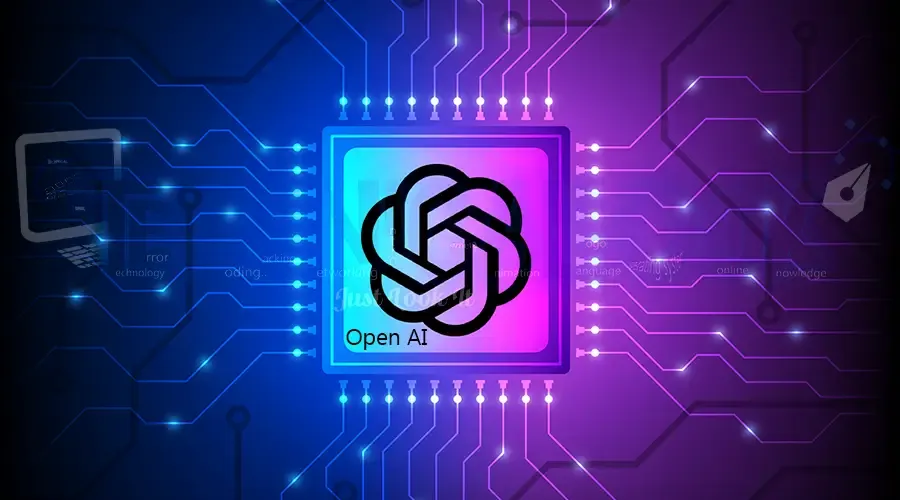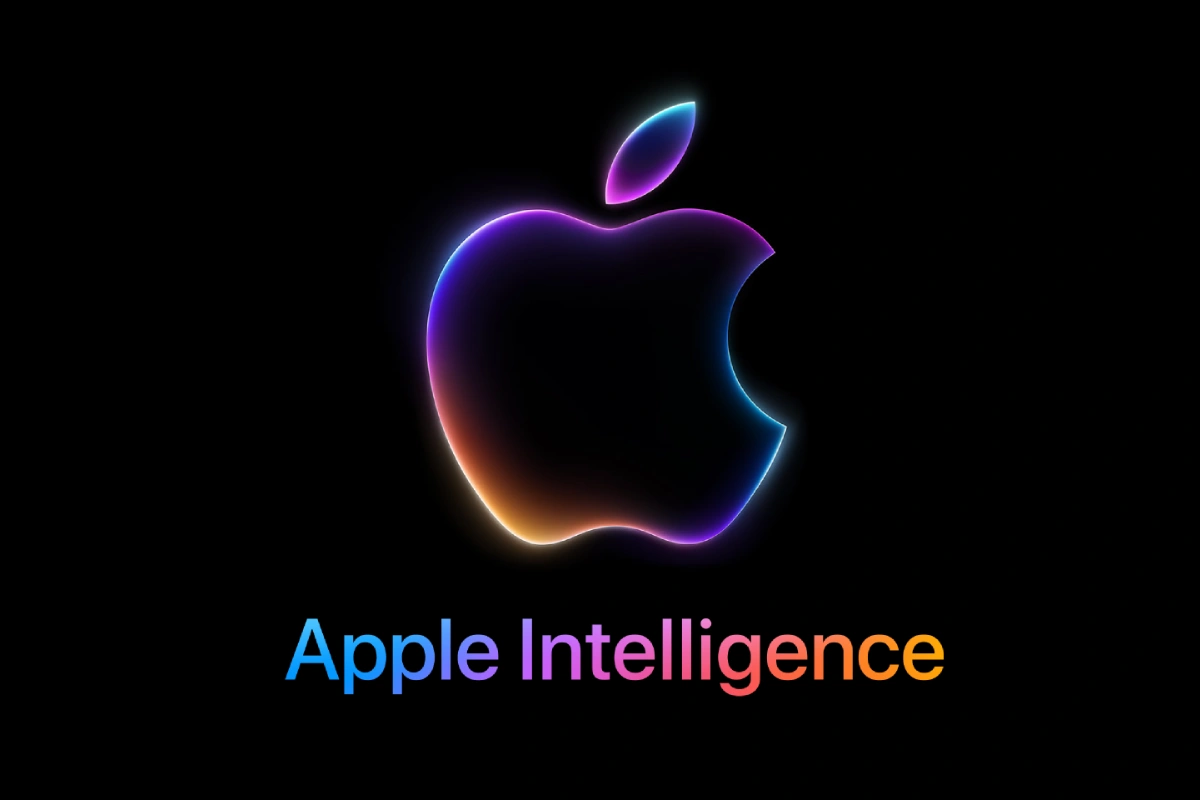Europe wanted a unified front. Instead, it just got a corporate civil war.
What we’re witnessing isn’t just a disagreement. It’s a philosophical split on how to survive the coming wave of AI regulation—and who gets to set the rules of the game.
Meta’s Message: “Not So Fast, Europe”
For Meta, the Code of Practice isn’t a friendly handshake—it’s a trap. Company insiders are calling it “legally vague and operationally dangerous.”
The concern? Once you sign, the voluntary code could become de facto law. And if the rules shift under the EU’s notoriously heavy bureaucracy, companies could find themselves locked into promises they can’t legally keep—or afford to follow.
Meta is essentially saying: “You want to regulate? Fine. But we’re not handcuffing ourselves before we even see the final playbook.”
OpenAI’s Counter: “Better to Be Inside the Tent”
On the other side, OpenAI is taking the pragmatic route. Signing the code buys goodwill, smoother conversations with regulators, and a chance to help shape the final enforcement mechanics. It’s a strategic move to plant themselves at the center of European AI policy, especially as they expand into EU markets.
The subtext? Compliance is coming. Better to negotiate from inside the room than shout from the parking lot.
This Isn’t Just About Paperwork
The real story here isn’t signatures and seals—it’s leverage.
- Meta is betting on its scale and user base to resist overreach.
- OpenAI is betting on regulatory diplomacy to secure its expansion.
- Europe is betting it can strong-arm both into compliance without killing innovation.
Somebody is going to lose that bet.
The Global Ripple Effect
Don’t think this is a Europe-only drama. The precedent set here will ripple into U.S. policy, Asian markets, and every other regulatory body now racing to catch AI before it outruns the law.
If Meta stands firm and survives the heat, other companies will follow their path of resistance. If OpenAI wins regulatory favor and Meta gets hammered, expect a stampede to sign codes everywhere.
This isn’t about one signature. It’s about who gets to decide how AI is built, governed, and scaled on a global stage.
The Clock Is Ticking
The AI Act goes live soon, and with the Code of Practice delayed until late 2025, the entire industry is stuck in limbo. Now companies are being forced to choose sides without a clear map.
Meta’s refusal just turned what was supposed to be a “voluntary” agreement into a public power struggle.
And power struggles in tech? They don’t end quietly.
Want to stay ahead of these shifts?
Join our subscribers inside Alpha AI — where we turn breaking tech news into actionable opportunities. Courses. Insights. Strategies. Tools. All in one place.
Subscribe now before the next headline is about you getting left behind.






